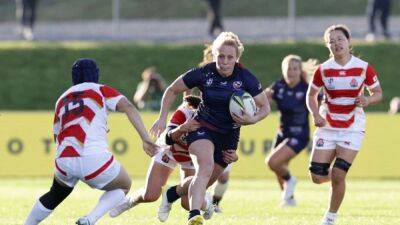Rugby urged to cut matches as study finds players’ risk of MND is 15 times higher
Rugby union has been urged to cut back on competitive matches and stop contact training sessions altogether during the season following a landmark study which found the risk of motor neurone disease among Scottish international players was 15 times higher than the general population.
The research, which compared 412 former Scotland internationals born between 1900 and 1990 to over 1,200 non-players with the same age, area and socioeconomic status, also found that the rugby players – all male – were twice as likely to get dementia and more than three times likely to get Parkinson’s disease.
Dr Willie Stewart, a consultant neuropathologist at the University of Glasgow who led the study, said that the MND figure was alarming and warned that the issue of brain damage in rugby could be even worse in 20 years’ time.
“I think that we’re seeing these observations from largely an amateur era,” he said. “The way the game has changed professionally, with much more training and game exposure, has meant head injury rates and head impact rates have gone up. I am genuinely really concerned about what’s happening in the modern game. In 20 years time, if we repeat the study, we may see something which is even more concerning.”
While the numbers of former Scotland internationals believed to have had MND is still small overall, Stewart said the results were “statistically significant”. It also follows a number of high-profile cases of rugby players being diagnosed with the degenerative condition, the latest being Gloucester lock Ed Slater who announced this year that he would be retiring at the age of 34.
The former Scotland international Doddie Weir and the late South African scrum half Joost van der Westhuizen are other high-profile





